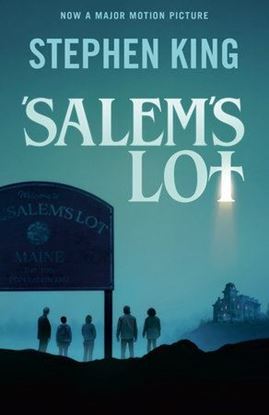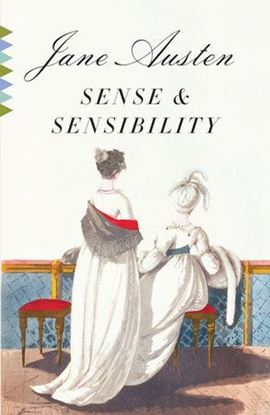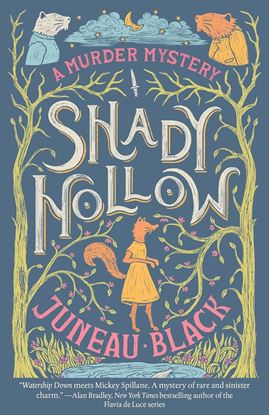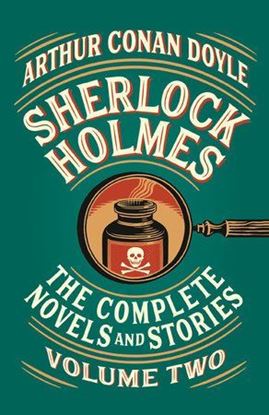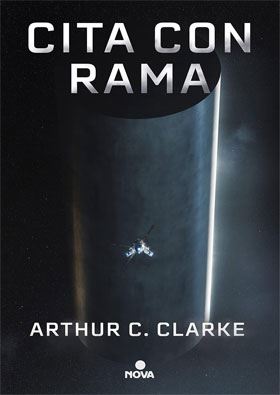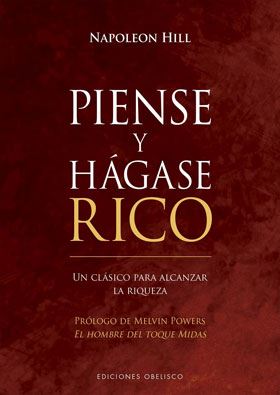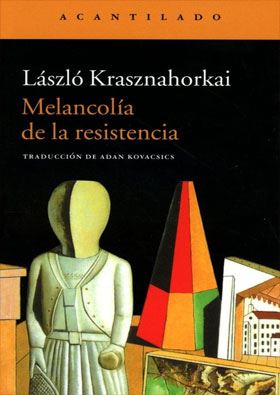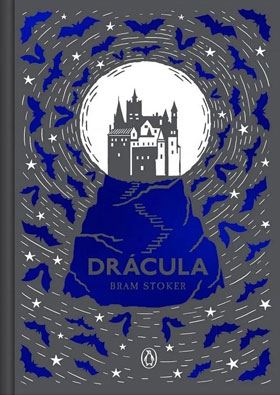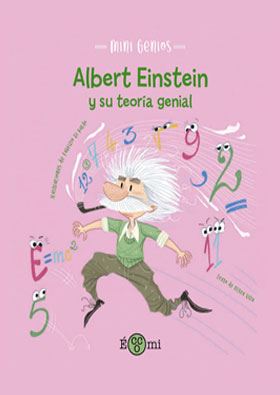

SALEM S LOT (MOVIE TIE-IN)
When two young boys venture into the woods, and only one returns alive, Mears begins to realize that something sinister is at work. In fact, his hometown is under siege from forces of darkness far beyond his imagination. And only he, with a small group of allies, can hope to contain the evil that is growing within the borders of this small New England town.
With this, his second novel, Stephen King established himself as an indisputable master of American horror, able to transform the old conceits of the genre into something fresh and all the more frightening for taking place in a familiar, idyllic locale.
995
SECOND ACT
As the head of a prestigious movie studio for nearly two decades, Andy Westfield has had every conceivable professional luxury: a stunning office on the forty-fourth floor, a loyal assistant who can all but read his mind, access to a private jet and company cars. The son of Hollywood royalty, Andy always put his career before his marriage, and now, besides his daughter and young grandchildren, it’s the only thing he truly loves.
But then Andy’s world is upended. The studio is sold, and the buyer’s son demands the top seat. Out of a job and humiliated, Andy spirals. When his head clears, he decides to get as far away from Los Angeles as possible until the dust settles and he can find a new way forward.
Andy signs a six-month rental agreement for a luxurious home in a tiny, forgotten coastal town two hours from London. When he arrives, he hires a local woman to help get his affairs in order. A former journalist, Violet Smith is at a crossroads as well, and this temporary job is exactly what she needs to tide her over. But when Violet leaves the manuscript of her unfinished novel behind after work one day, Andy lets his curiosity get the best of him and is captivated by a story that begs to be adapted for the big screen. Could this be the miracle they’ve both been looking for?
In Second Act, Danielle Steel presents a heartening tale of how challenging times give way to opportunities and an original outline does not always contain the perfect ending.
995
SENSE AND SENSIBILITY (VINTAGE CLASSIC)
In its marvelously perceptive portrayal of two young women in love, Sense and Sensibility is the answer to those critics and readers who believe that Jane Austen's novels, despite their perfection of form and tone, lack strong feeling. Its two heroines--so utterly unlike each other-both undergo the most violent passions when they are separated from the men they love. What differentiates them, and gives this extroardinary book its complexity and brilliance, is the way each expresses her suffering: Marianne-young, impetuous, ardent-falls into paroxysms of grief when she is rejected by the dashing John Willoughby; while her sister, Elinor--wiser, more sensible, more self-controlled--masks her despair when it appears that Edward Ferrars is to marry the mean-spirited and cunning Lucy Steele. All, of course, ends happily--but not until Elinor's "sense" and Marianne's "sensibility" have equally worked to reveal the profound emotional life that runs beneath the surface of Austen's immaculate and irresistible art.
700
SHADY HOLLOW (1)
Reporter Vera Vixen is a relative newcomer to Shady Hollow. The fox has a nose for news, so when she catches wind that the death might be a murder, she resolves to get to the bottom of the case, no matter where it leads. As she stirs up still waters, the fox exposes more than one mystery, and discovers that additional lives are in jeopardy.
Vera finds more to this town than she ever suspected. It seems someone in the Hollow will do anything to keep her from solving the murder, and soon it will take all of Vera’s cunning and quickness to crack the case.
1,200
SHEEPDOGS
Skwerl and Cheese are down on their luck and about to find themselves tangled in the heist of their lives. Skwerl, once an elite member of the CIA's paramilitary unit, was cast out after a raid gone wrong in Afghanistan. Big Cheese Aziz, a former Afghan pilot of legendary skill, now works the graveyard shift at a gas station.
Recruited into a shadowy network of "sheepdogs," they embark on a mission to repossess a multi-million-dollar private jet stranded on a remote African airfield. But as they wind through a labyrinth of lies and hidden agendas, they discover that nothing is as it seems. Their contact vanishes, their handler's motives are suspect, and the true source of their payday remains a mystery.
With the stakes skyrocketing and the women in their lives drawn into the fray, this unlikely spy duo find themselves deep in the underbelly of modern war and intelligence.
From the jungles of Kampala to the glitz of Marseille, they'll need to be as cunning as they are bold to survive in a game where the line between the hunters and the hunted is razor-thin.
1,350
SHERLOCK HOLMES. THE COMPLETE VOLUME II
ABOUT SHERLOCK HOLMES: THE COMPLETE NOVELS AND STORIES, VOLUME II
Sherlock Holmes: The Complete Novels and Stories contains, in two volumes, all fifty-six short stories and four novels featuring Sir Arthur Conan Doyle’s world-famous detective.
Volume II contains the fourth of the Sherlock Holmes novels, The Valley of Fear, in which Holmes memorably faces his malignant archenemy, Professor Moriarty. The short stories collected here include such celebrated gems as “The Adventure of Wisteria Lodge,” “The Adventure of the Red Circle,” “The Adventure of the Devil’s Foot,” “The Adventure of the Sussex Vampire,” and “His Last Bow: The War Service of Sherlock Holmes.” With the stories from the final collection, The Case-Book of Sherlock Holmes, published in 1927, this volume carries the venerable detective through to the very end of his enthralling four-decade career as one of the most beloved characters in literature.
1,100

